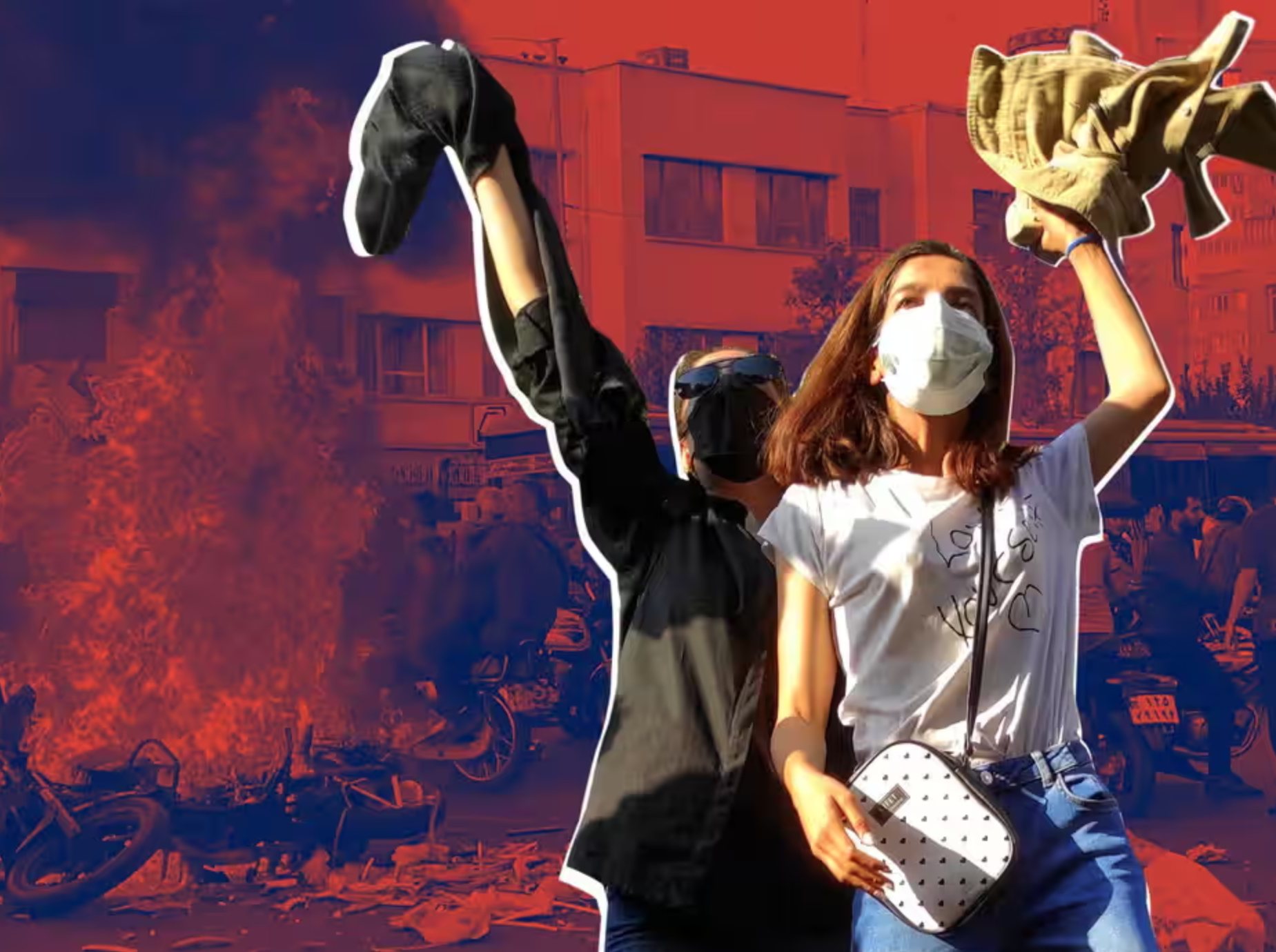The West’s ideological and theoretical differences with Shia play a significant role in their opposition.
To establish a system of just relations in the world, faith alone is not sufficient. There is a need for a power that can resist the ambitions of hegemonic regimes and establish a just system with a focus on God’s sovereignty. The Iranian Islamic Revolution created such a position by establishing an Islamic government based on faith and belief in God’s centrality in global affairs. The Islamic Republic of Iran managed to thwart various conspiracies in its early years and worked towards stabilizing its system. International sanctions had the opposite effect, increasing Iran’s capabilities in various fields. As time passed, as the Iranian Islamic Revolution took more steps in its evolution, the Western world’s movement towards decline and decay accelerated, highlighting the cognitive gap between Islam and the West.
The victory of the Iranian Islamic Revolution led to a resurgence of Islam on the international stage, prompting Western scholars to acknowledge the power of Islam. Samuel Huntington, a prominent American theorist, believes that “Islamic civilization forms a unified ideological bloc and compels the West to abandon its claim of universality.” Western powers are concerned about the spread of Shia ideological thinking and the dominance of Shia in the world. Simultaneously, they are worried about the questioning of their own humanistic ideals, which could undermine their global dominance. This contradiction has become a significant factor in the conflict and divergence between Shia and the West. The Western opposition to Shia is rooted in both ideological and geopolitical considerations, and these factors have contributed to the ongoing tensions between Shia-majority countries and Western powers.
Shia Islam holds the potential for global integration, and this promise is embedded within its teachings. Unlike other religions, Islam is a global faith, and its Prophet, Muhammad, is considered the Prophet of all mankind, not of a particular tribe or region. Islam not only claims to be global but also provides the conditions and rules for the establishment of a global system, such as the concept of the Mahdi (the guided one) in Shia Islam, which has been pre-designed for this purpose.
The prevailing Western system, after years of producing nothing but discrimination, racism, violence, and human rights abuses, has left the world in a state of decline and destruction. Essentially, secular ideologies and humanistic thinking lack the necessary capacity for globalization, as human thought, while it has matured, cannot encompass different social and cultural structures. Therefore, it is said that only divine religions, especially the Abrahamic religions, possess the intrinsic potential for globalization.
Among the Abrahamic religions, Islam, due to its comprehensive and all-encompassing nature, considering human qualities and humanity as a whole, transcending blood, language, and geographical affiliations, holds a superior potential for globalization. Samuel Huntington, a Western theorist, argues that three civilizations worldwide could potentially replace Western civilization: Islamic, Confucian Chinese, and Orthodox Russian. However, according to Huntington, only Islamic civilization has the capacity for survival, while the others can be controlled. Islamic civilization poses an existential threat to the West and must be eliminated before it can flourish. Western proponents of liberal democracy, who believe in globalizing their system, view Shia’s claims of universality with suspicion. Consequently, Western powers, relying on the ideas of theorists like Huntington who have spoken of the clash of civilizations and the danger posed by Muslims, take precautionary measures to curb this potential threat. In summary, the concept of a unified global system in Shia Islam contradicts the Western notion of globalization. Shia Islam’s belief in the Mahdi and the establishment of a global system challenges Western hegemony and its aspirations for global dominance. This fundamental ideological difference contributes to the tension and conflict between Shia Islam and the Western world.
The Quran, despite the various human differences, perceives humanity as having a unified purpose and calls for comprehensive organization. The Islamic Revolution of Iran has adhered to this principle and considers all Muslims as a united ummah, valuing other human beings and inviting them to Islam. The revolution emphasizes the importance of global unity based on the teachings of Islam and believes that this global system, with a holistic approach to the material and spiritual dimensions of humanity, can dominate political, economic, and cultural domains. Western values of internationalism have been perceived as a threat to democracy and human rights by the Islamic Revolution. Recognizing the civilizational role of Islam worldwide, particularly through the concept of Mahdism, the Islamic Revolution emphasizes the need for global unity and advocates for understanding people through communication and fostering unity and friendship among all human beings. Shia Islam’s capacity for power and civilization-building in Iran has grown significantly since the victory of the Islamic Revolution. Even Western scholars acknowledge this, with some describing it as the most important Shia power in the Islamic world today.
One of the main concerns of the West regarding the Islamic Revolution is the spiritual connection among Shia Muslims worldwide and the emergence of political Islam among Shias. The politicization of Shia Muslims, especially those residing in geopolitically sensitive regions, has alarmed the West and Arab states. For instance, during President Clinton’s term, there was talk of declaring war against political Islam in Iran. Shia Muslims possess deep cultural concepts that have always guided Shia communities and played a significant role in the success of the Islamic Revolution in Iran. Shia communities possess profound cultural concepts that have consistently guided Shia populations and played a crucial role in the success of the Iranian Islamic Revolution. In this regard, Suleiman Demirci points to the role of defining Shia concepts in the victory of the Iranian Islamic Revolution and states: “Shia Islam played a decisive role in this historical event. By utilizing the mourning days related to Ashura, the legend of Imam Hussein (Karbala), and the ceremonies associated with these fundamental Shia beliefs, Ayatollah Khomeini was able to establish an effective channel of communication between the protesters and the leaders of the Iranian Revolution, thus translating the protests of the Iranian people into revolutionary crises. At the same time, Imam Khomeini managed to create a mechanism for the political mobilization of the masses against the Shah regime.”
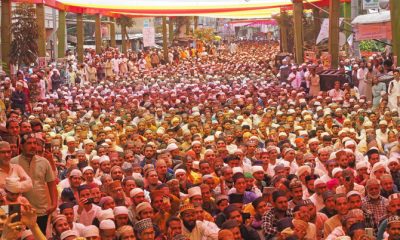
 Islam1 year ago
Islam1 year ago
 Islam1 year ago
Islam1 year ago
 Art & Culture1 year ago
Art & Culture1 year ago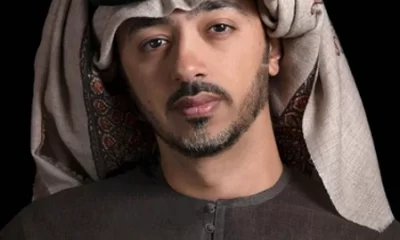
 Art & Culture1 year ago
Art & Culture1 year ago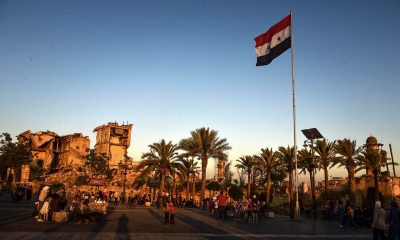
 Interview1 year ago
Interview1 year ago
 World news1 year ago
World news1 year ago
 World news1 year ago
World news1 year ago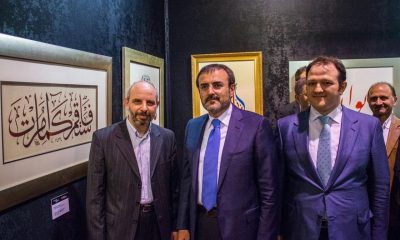
 Art & Culture1 year ago
Art & Culture1 year ago
